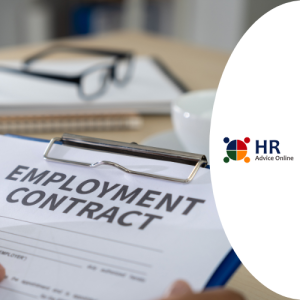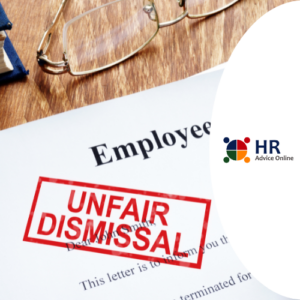A modern award is a document that sets out the minimum terms and conditions of employment in addition to the National Employment Standards (NES). Modern awards came into effect on 1 January 2010.
Modern awards are industry or occupation-based and contain a coverage clause (usually clause 4) which clearly describes the type of work and therefore workers covered by that particular award. All workers are covered by the National Employment Standards regardless of their award coverage.
Managers or higher income employees may not be covered by an award. If an employee’s employment is covered by a modern award or a transition instrument, the person can have earnings of more than the high-income threshold and still be within the jurisdiction of the Fair Work Commission.
If the business is covered by a registered agreement, usually the conditions of the modern award will no longer be relevant. However, the base rates of pay must meet or exceed the applicable modern award.
All employers and employees are responsible for keeping up-to-date with the modern awards, any transitional arrangements and future changes (for example to the annual minimum wage).
If you require advice or assistance regarding modern award coverage or support regarding any HR matter, please contact the team at HR Advice Online at [email protected] or on 1300 720 004.
Information in HR Advice Online guides and blog posts is meant purely for educational discussion of human resources issues. It contains only general information about human resources matters and due to factors, such as government legislation changes, may not be up to date at the time of reading. It is not legal advice and should not be treated as such.




